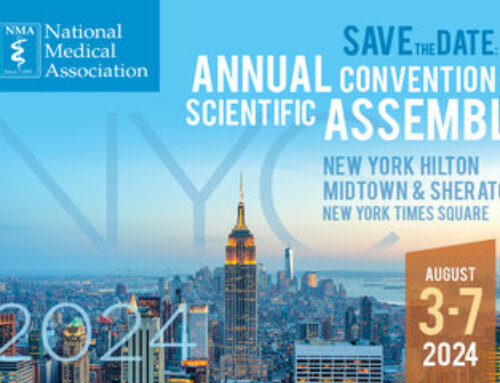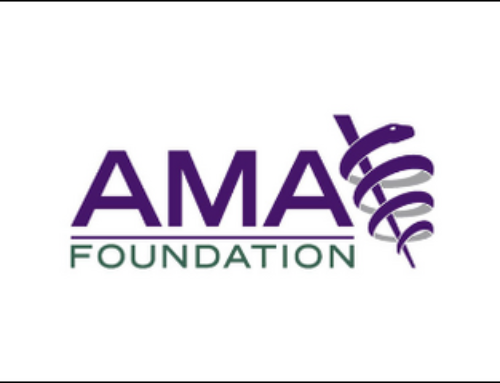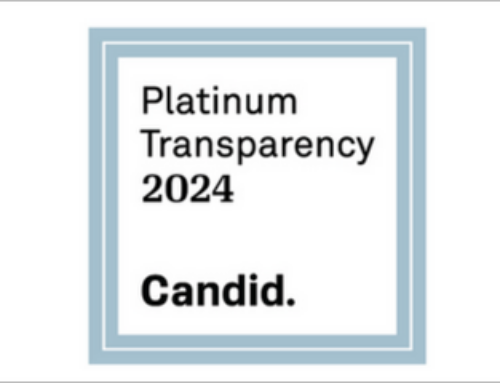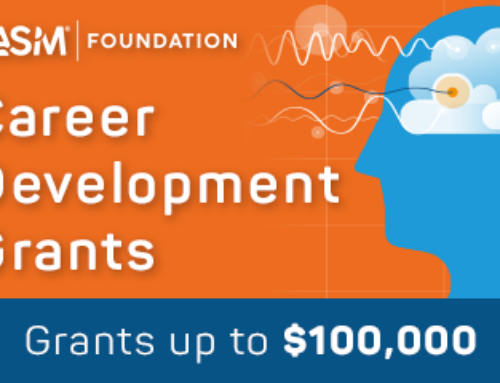The AASM Foundation is dedicated to developing the careers of sleep and circadian investigators by increasing support for sleep and circadian investigators at various stages of their careers. In 2022, the AASM Foundation awarded more than half a million dollars to support projects which will study a range of sleep disorders and bolster the careers of sleep researchers. The AASM Foundation awarded the following grants for Cycle 2 in 2022.
 Robin Yuan, PhD
Robin Yuan, PhD
$40,000
Project Description: Sleep loss and circadian disruption (CD) often occur concurrently and are both associated with increased risk of cardiovascular disease. By analyzing 24-hr heart rate variability in participants during exposure and recovery to 3 weeks of CD with or without concurrent sleep restriction, I will test the hypotheses that CD with sleep restriction causes increasing parasympathetic withdrawal over the course of exposure, and that these effects are partially mitigated during CD without concurrent sleep restriction.
Impact: In this project, I hope to shed some light on the time course of autonomic nervous system disruption and recovery in response to circadian and sleep disruptions. This knowledge could lay the groundwork for exploring mechanisms by which sleep and circadian disruption adversely impact cardiometabolic health; moreover, the preliminary data generated from this proposal can be used to support future grant applications that I submit during my transition to research independence.
 Chenlu Gao, PhD
Chenlu Gao, PhD
$40,000
Project Description: The relationship between Alzheimer’s disease (AD) and daytime sleep or nap is unclear, especially in middle-to-older aged adults. We will test whether actigraphy-measured napping is cross-sectionally associated with cognition and prospectively associated with incident dementia/AD in a sample of ~99,000 participants. Findings will improve our understanding of risk factors for cognitive impairments in the aging population and help identify people at elevated risks of dementia at early stages (e.g., shift-workers with frequent and irregular naps).
Impact: Though napping is common in the middle-to-older aged population, no clinical recommendations have been established on when, how long, how often, or how regular people should nap for better health consequences. This study may clarify the health impacts of daytime napping and inform the development of napping guidelines. This project will also allow me to prepare future independent projects to understand sleep and cognition and to design culturally tailored nap/sleep interventions to improve brain health.
 Ikuyo Imamaya, MD
Ikuyo Imamaya, MD
$40,000
Project Description: My project focuses on the effects of continuous positive airway pressure (CPAP) therapy on circulation. We will conduct a prospective study to identify longitudinal changes in diastolic function and pulmonary circulation by CPAP therapy in people with heart failure and obstructive sleep apnea (OSA). Additionally, we aim to characterize responders to CPAP therapy. The finding will help us find out how CPAP impacts our circulation and subgroup who may benefit more than others.
Impact: I aim to understand longitudinal changes in diastolic function and pulmonary circulation by CPAP therapy in people with heart failure and obstructive sleep apnea. This proposed research will serve as a platform to achieve my long-term career goal to investigate the benefits, disadvantages, and safety of positive airway pressure therapy in patients with heart and lung disease.
 Priya Borker, MD
Priya Borker, MD
$100,000
Project Description: Poor sleep health is common in people with HIV (PWH) and is associated worse clinical outcomes like early cardiovascular disease. Inappropriate activation of monocytes, part of the innate immune system, has been associated with cardiovascular disease and mortality in PWH. I propose investigating whether sleep health is associated with monocyte activation in PWH and people without HIV. Ultimately, if sleep health affects HIV-associated inflammation, this work would support investigating whether sleep interventions can improve clinical outcomes in PWH.
Impact: The focus of this award is to develop my skills in immunophenotyping and expertise in cellular biological pathways involved in HIV-associated inflammation. I will further develop my skill in sleep phenotyping. The results generated from this award will lay a solid foundation for a future career development award that will facilitate my transition to a successful, independent translational sleep physician-scientist committed to furthering our understanding of the impact of sleep disorders in HIV infection.





